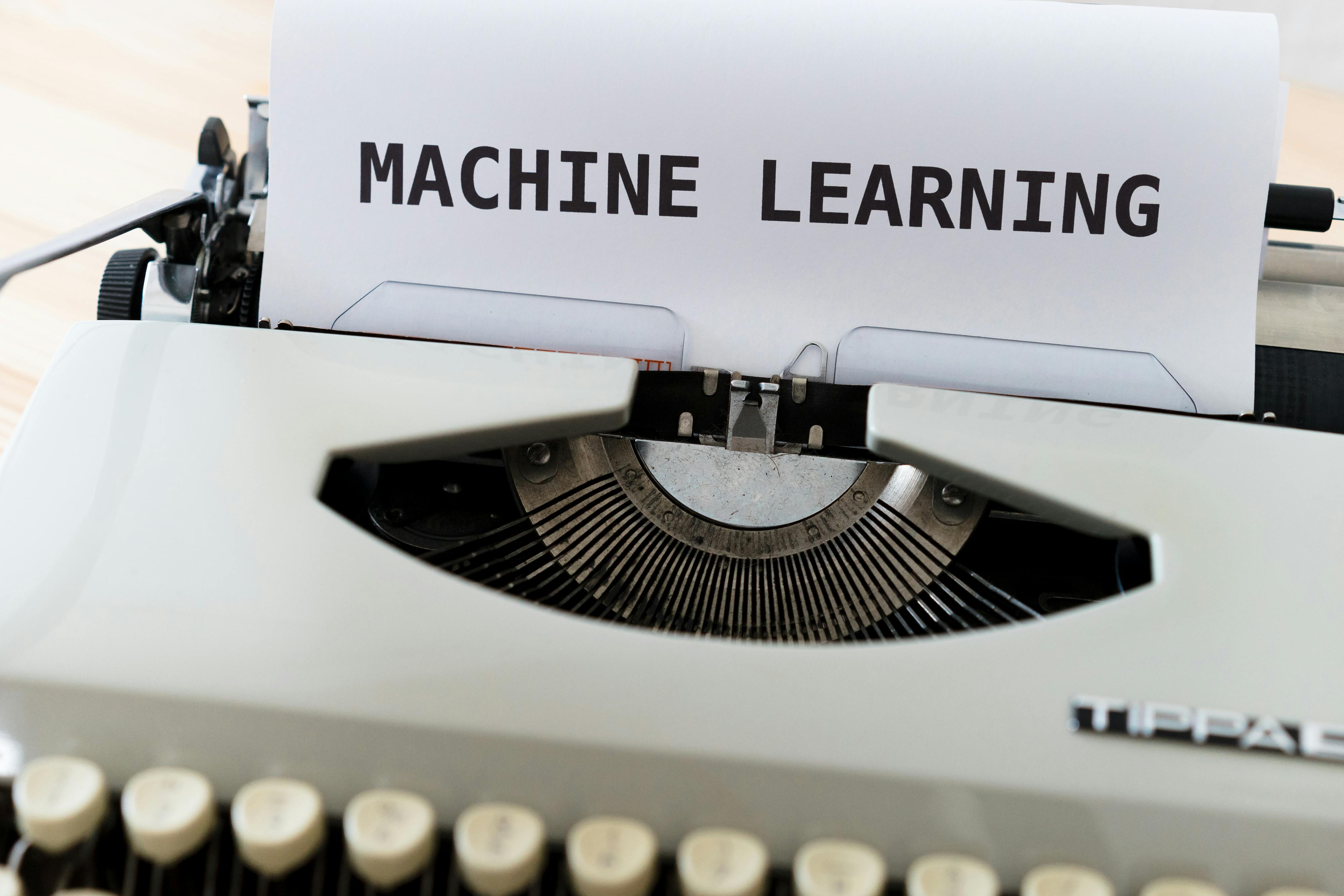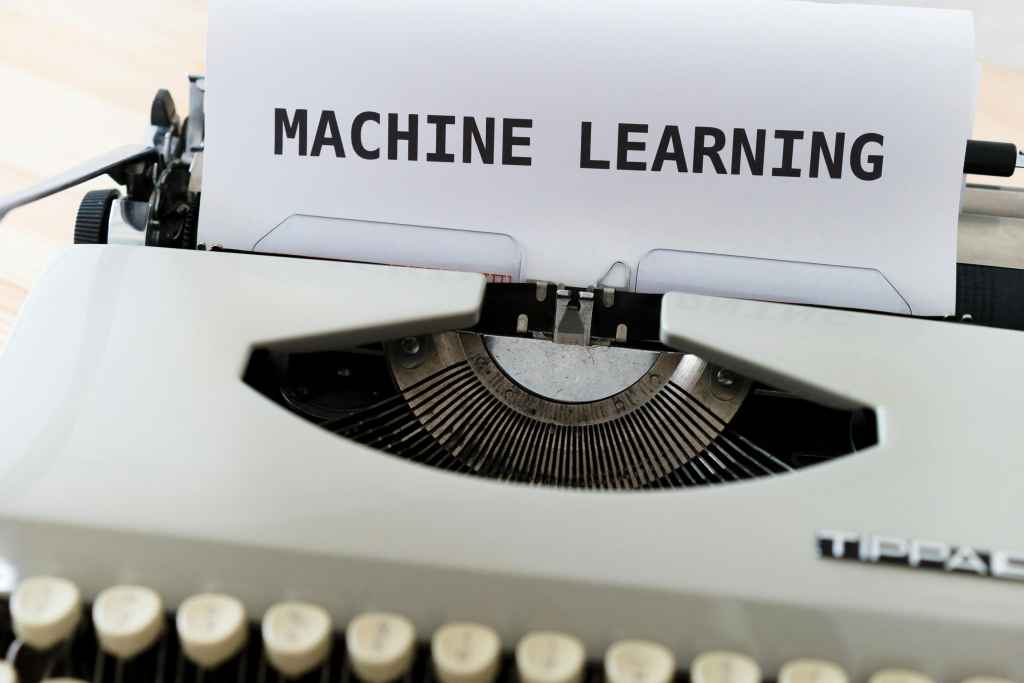Kobo’s AI Shift: Author Concerns Grow
Kobo’s AI Move: Author Worries Rise

The world of digital publishing is always changing, right? New tech pops up that shakes up how authors reach readers and how we all consume books. AI is a big part of this, bringing both cool chances and some real headaches. This is super clear with e-readers and ebook platforms, which have been the go-to for folks looking for alternatives to giants like Amazon’s Kindle.
Kobo: The Kindle Challenger
Kobo, owned by Rakuten, has really made a name for itself. It’s known as a more open and author-friendly place compared to Amazon’s Kindle Direct Publishing (KDP). For lots of indie authors, Kobo Writing Life has been a lifeline, letting them get their work out there without needing a traditional publisher. This easy access has been key to Kobo’s appeal, giving authors more say in their careers.
AI Enters the Kobo Scene
Recently, Kobo updated its Terms of Service for Kobo Writing Life. This update included language that opens the door for AI features on the platform. While nobody’s exactly sure what this all means yet, the mention of AI has stirred up a lot of talk and some worry among writers. The new terms, which kicked in on June 28th, 2025, have lots of authors wondering about the future of their books on Kobo.
Authors Speak Out on AI
The main worry for authors Engadget talked to is that Kobo might start using AI to create summaries or “recaps” of their books. Amazon, for example, rolled out a similar AI recap tool for Kindle back in April 2025, hoping to help readers remember series or plot points. But, some authors have already seen these AI summaries get their stories wrong. This makes them nervous that similar features on Kobo could misrepresent their work, maybe turning readers off or giving a weird impression of their stories.
What Kobo Says About AI
Kobo’s updated terms clearly state they don’t plan to use authors’ works to train generative AI models. This is a pretty big deal, especially since it matches what groups like The Authors Guild recommend. The Authors Guild supports writers and has even taken legal action against AI companies. They’ve been pushing authors to insist that publishers don’t use their work for AI training. You can learn more about The Authors Guild’s stance here: The Authors Guild.
AI for Training vs. AI for Smarts
Even though Kobo says it won’t train generative AI, its terms do say they can use “artificial intelligence, machine learning, deep learning algorithms or similar technologies” for other things. These could include making it easier to find content with tagging and personalized recommendations, or checking if books are a good fit for the Kobo store. This difference between using AI for training and using it for analysis or other functions is really at the heart of the whole discussion.
“Non-Training Purposes”: What Does It Mean?
The problem is, what exactly counts as “non-training purposes” isn’t super clear to many authors. Some think that any AI analysis of their work, even if it’s just for summaries or recommendations, is kind of like indirect training or at least using their work in a way that could affect their intellectual property. They worry that even if it’s not directly training a model, the analysis itself could be a step towards or part of AI development, muddying the waters on ethical AI use.
AI Trends in Ebooks
Kobo’s move is part of a bigger trend in the ebook world, where platforms are carefully looking at how to use AI. For instance, Apple Books lets authors choose to have AI-generated audiobooks made from their work. Barnes & Noble’s Press platform, on the other hand, hasn’t jumped into AI yet. Amazon’s AI recap tool is seen as one of the more widespread uses of AI in the ebook market, and authors can’t opt out of it.
AI Content vs. Author Rights
At its core, this debate is about whether AI will help or hurt the value of authors’ creative work. Some see AI as a tool that could make the reading experience better with improved recommendations or easier-to-understand summaries. Others worry it could cheapen human creativity, lead to inaccurate portrayals of their work, or even lead to a flood of AI-generated content that competes with original human writing. The ethical questions about how data is used and the possibility of AI accidentally “training” on copyrighted material, even without meaning to, are still major points of contention.
Authors and Publishers: The Future
As AI keeps developing, the relationship between authors and publishing platforms will definitely keep changing. What’s happening at Kobo shows how important clear communication, honest policies, and really understanding what authors are worried about are. The industry needs to figure out how to use AI’s potential benefits while protecting authors’ rights and creative integrity, making sure technology helps, not hurts, the literary world. The ongoing talks between platforms, authors, and supporters of writers will be key to creating a future where AI and human creativity can work together well. For more on this, check out Publishers Weekly.
AI’s Many Uses: Not Just Creating Stuff
It’s important to remember that AI has different uses. While people are worried about generative AI creating book summaries or even whole books, AI also includes tools for machine learning and analysis. Kobo’s stated goal of using AI to “enhance discoverability” and “evaluate suitability” fits more with these analytical uses. If these functions are done ethically and openly, they could actually help both authors and readers by making content discovery and recommendations better.
The Authors Guild on AI Training
The Authors Guild’s position is really important here. They advocate for authors by demanding that their work not be used to train generative AI. This stance comes from worries about copyright and the possibility of AI models copying or devaluing original human content. Kobo’s clear statement that it won’t train generative AI on authors’ works is a direct response to these industry-wide concerns. See their specific guidelines here: AI and Copyright.
How AI Can Help Books Get Found
If Kobo uses AI to look at reader behavior and content details, it could really help people discover books. By spotting trends and what people like, AI could connect readers with books they’re more likely to enjoy, potentially boosting sales for authors. This is a way AI could be used that, if done right, could be a good thing for independent publishing.
AI Mistakes: A Big Hurdle
However, the chance of AI getting things wrong or misinterpreting, like we’ve seen with Amazon’s recap feature, is still a major issue. If AI-generated summaries or recommendations are faulty, readers might get frustrated, and it could hurt an author’s reputation. This really highlights the need for careful testing and quality control for any AI features that directly involve or represent an author’s work.
Kobo Says No to AI-Written Books
Adding more clarity, the article mentions that Kobo has explicitly said it won’t produce or sell books created by Large Language Models (LLMs). This suggests Kobo’s current focus isn’t on competing with AI-generated content itself, but rather on using AI to improve how the platform works. This is a key difference that might ease some of the deeper fears authors have about AI flooding the market with machine-written books. You can read more about Kobo’s stance here: Kobo Writing Life.
AI: Tool or Threat to Creativity?
The debate underneath it all touches on the big question of AI’s role in creative fields. Is AI just a tool to help human creators, or is it a threat to human creativity itself? The worries authors are raising show they’re cautious about AI stepping into the creative process and taking away from an author’s unique voice. The emphasis on human effort and personal interpretation, like using a pen and notebook, points to how much people value the human element in reading and writing.
Being Open and Getting Permission
In the end, making AI work well in publishing will depend on being open and getting authors’ permission. Platforms need to be clear about how they’re using AI, what data they’re looking at, and how they’re protecting authors’ rights. Giving authors control over how their work is used by AI systems will be super important for building trust and creating a system that works for both creators and readers. The ongoing story of AI in publishing really shows how important it is to keep talking and adapting as technology changes.
More on AI’s Role in Publishing
Here’s a video that discusses the broader impact of AI on the publishing industry:
And another perspective on the future of reading:
For those interested in the technical side of AI in content, this resource might be helpful:






